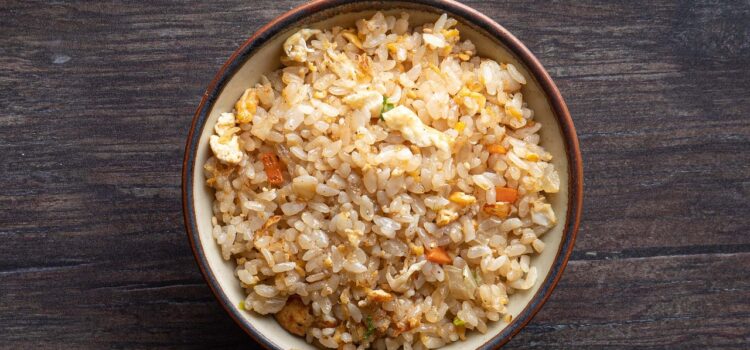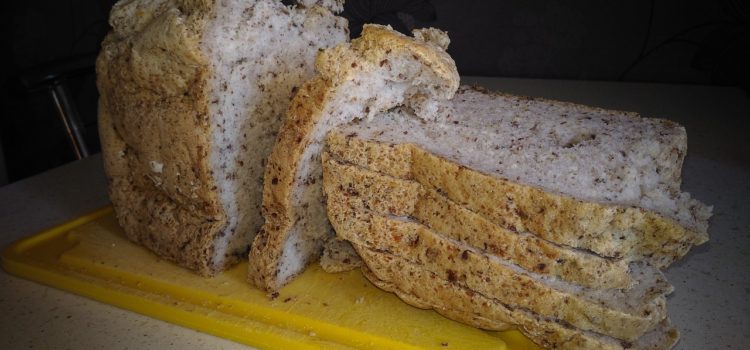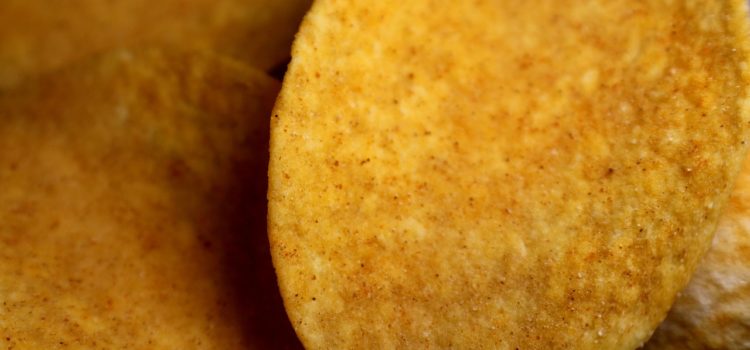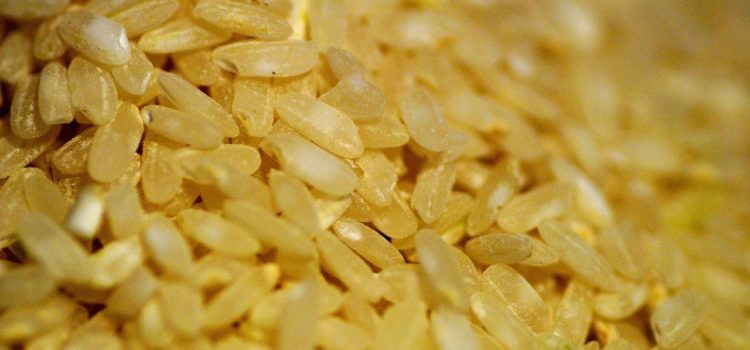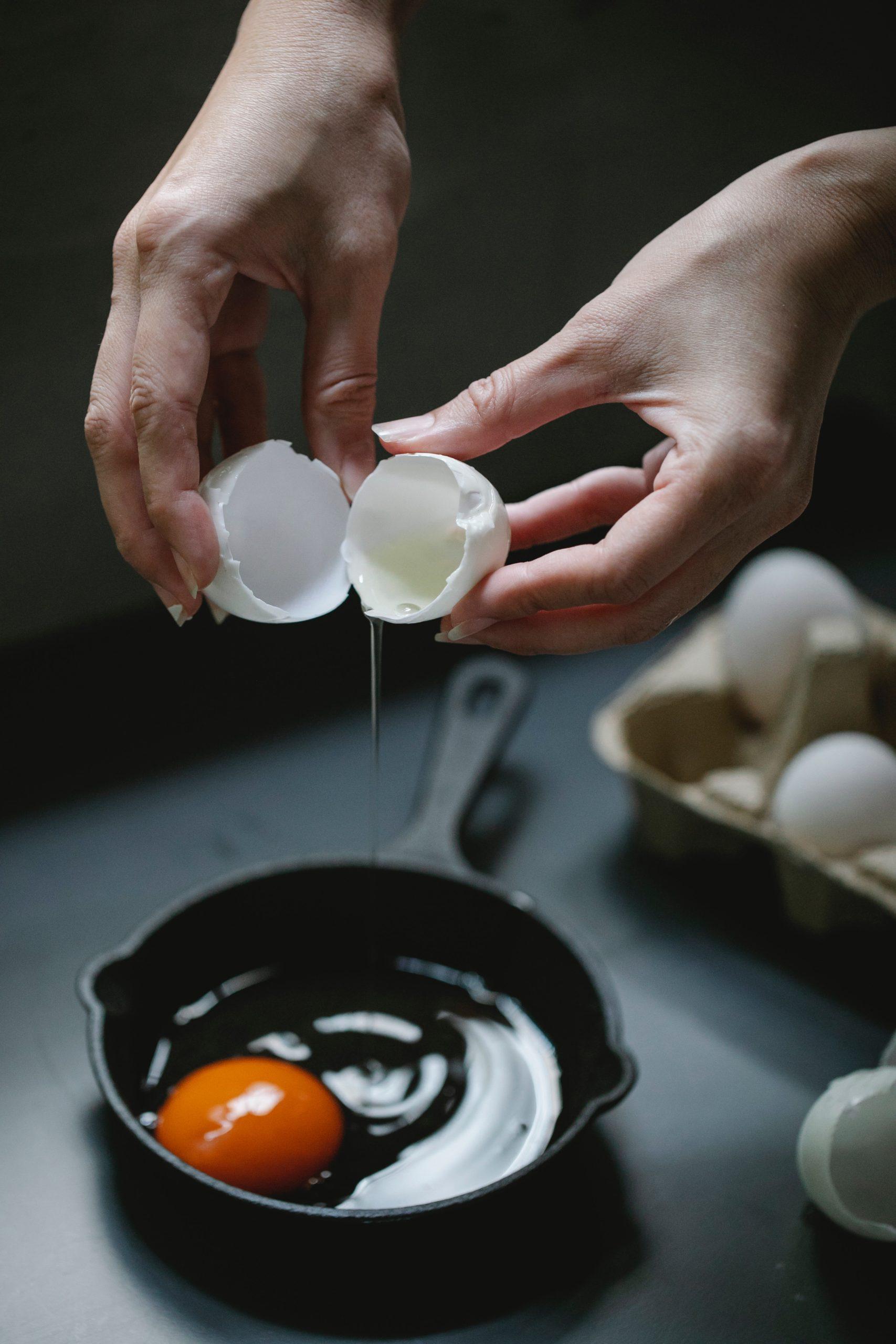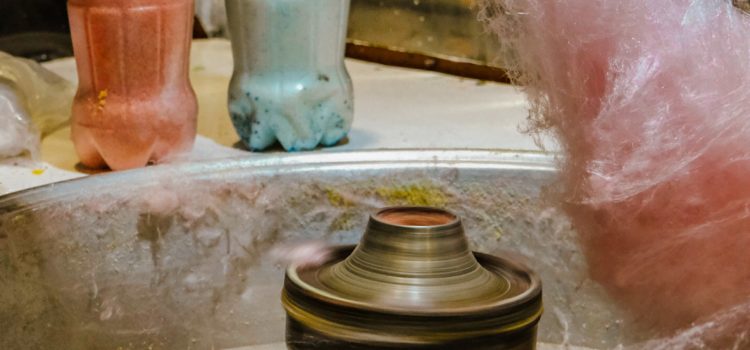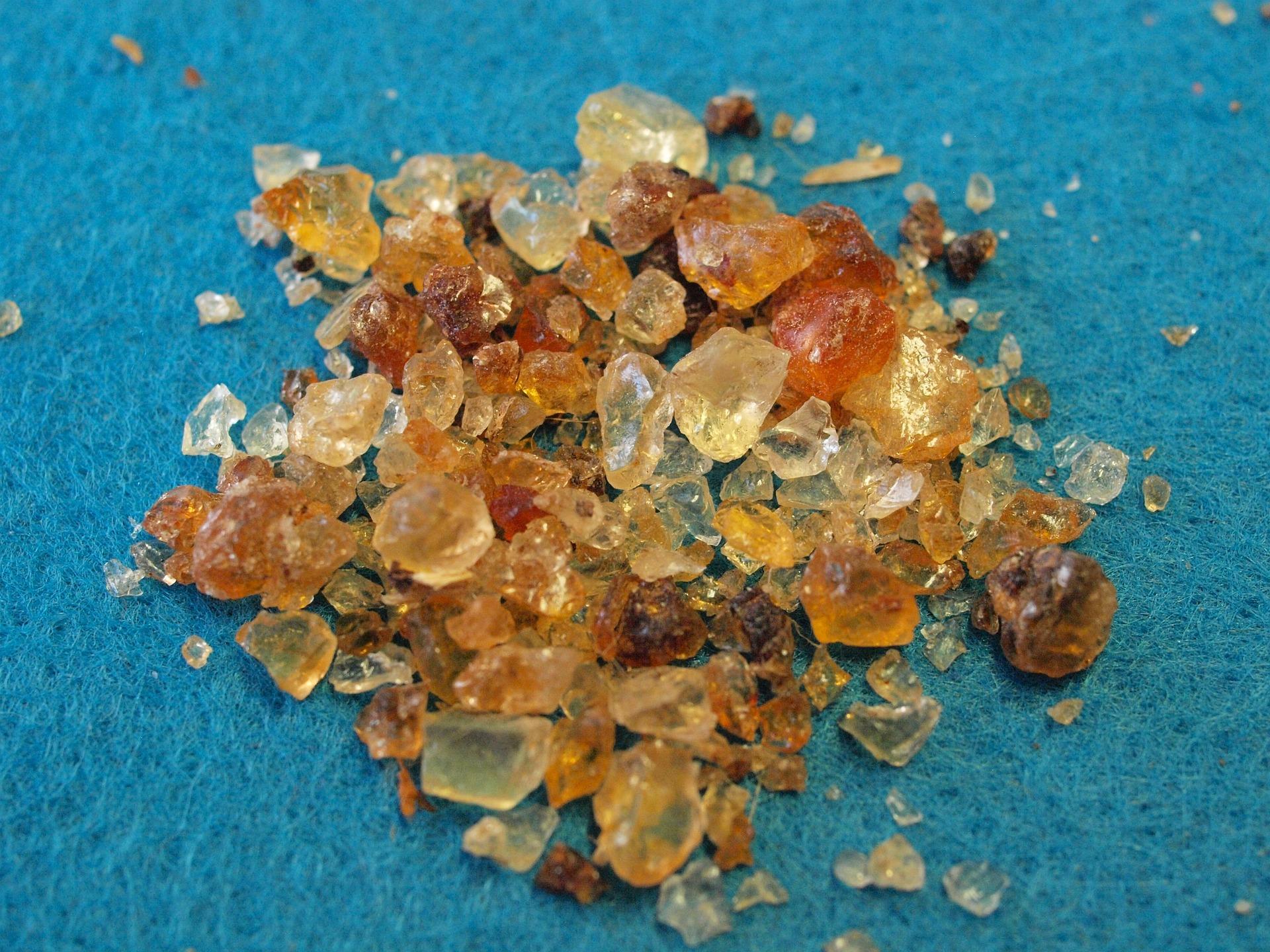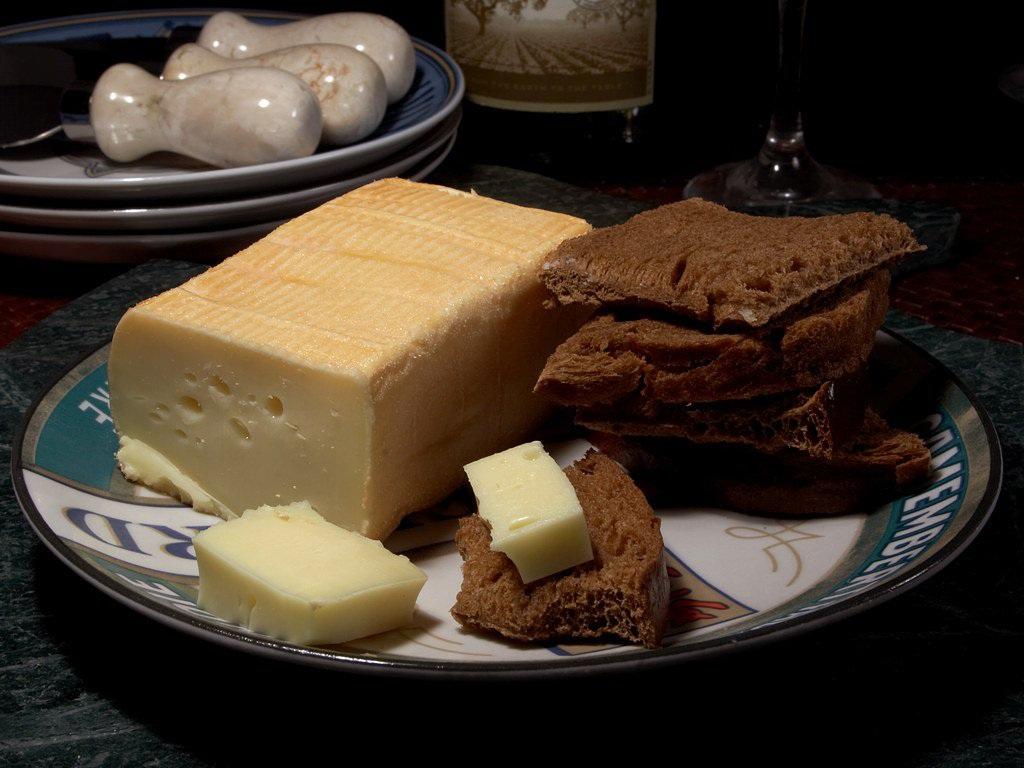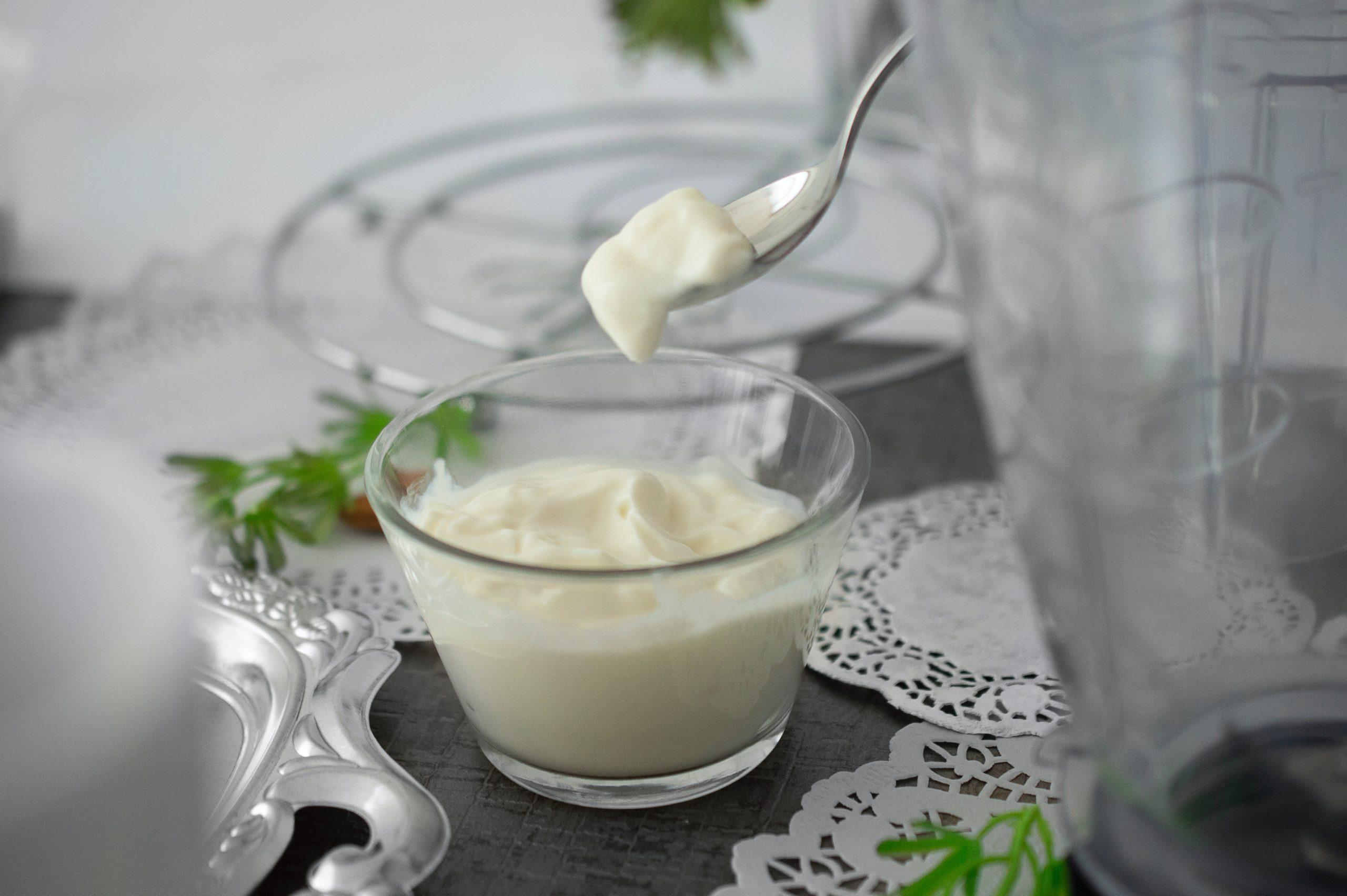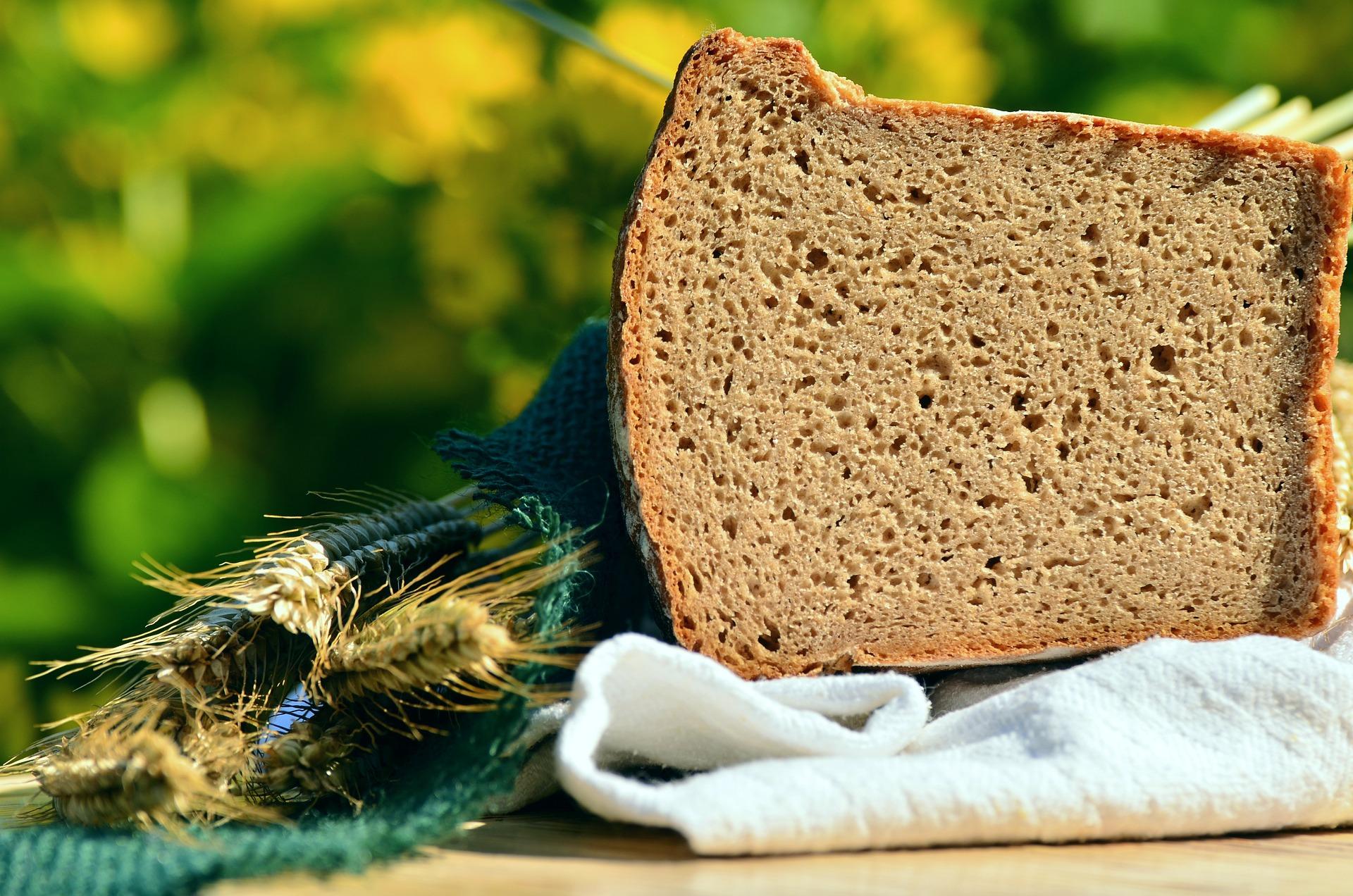When the cooked rice is refrigerated, the starch molecules gradually undergo a reformation process called retrogradation. In food chemistry, retrogradation refers to the phenomenon in which starch returns or reverts to a crystalline structure as it cools down. The result of retrogradation is the formation of resistant starch. This is the same reason why bread in the refrigerator hardens over time.
Why One-Day-Old Rice Should Be Used For Fried Rice
